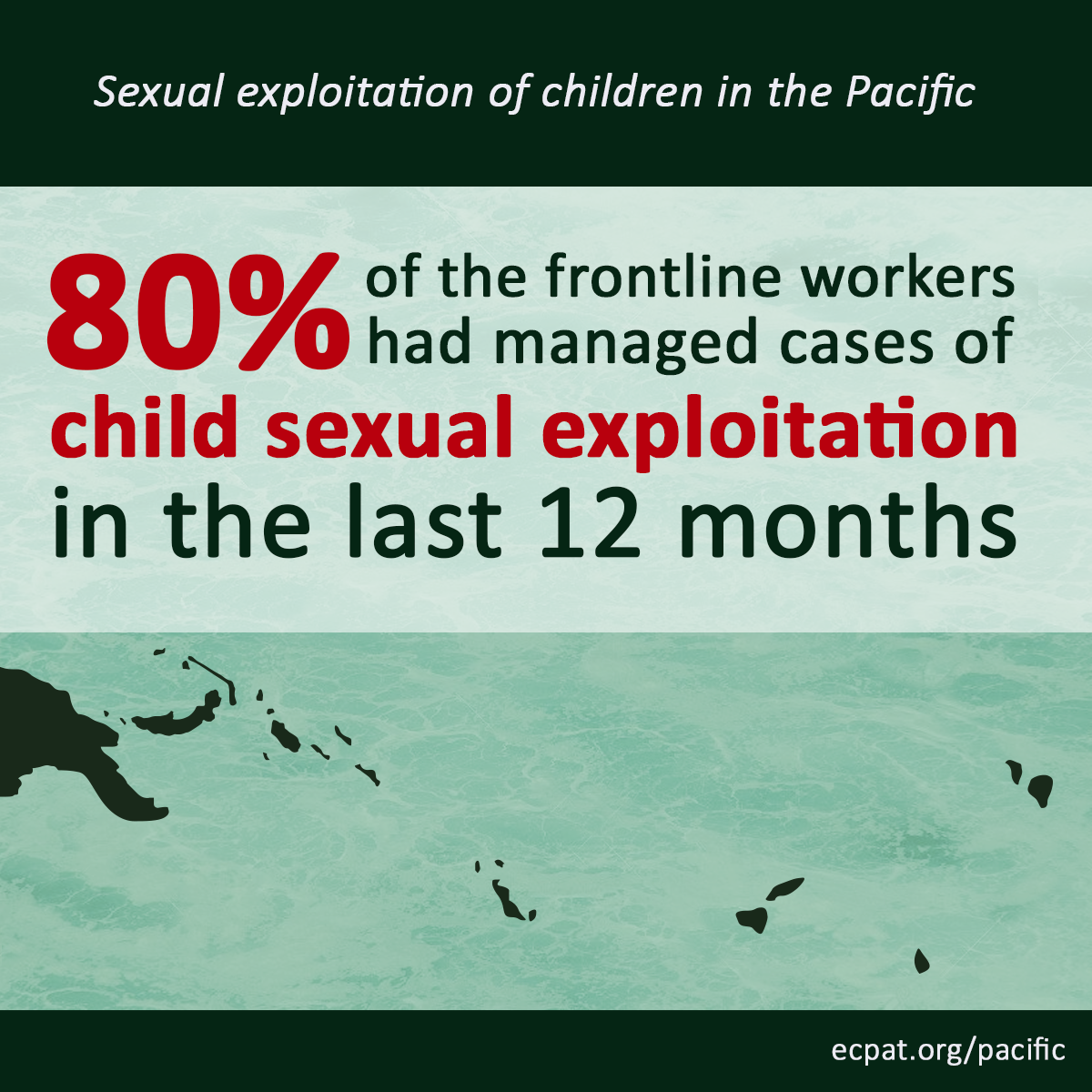Evidence: The Core of ECPAT’s Work
New forms of technology are constantly evolving, and distribution methods for online child sexual abuse material has grown. The accessibility of cameras, laptops and phones have greatly influenced who produces child sexual abuse materials, and how much. As the leader in knowledge on the issues, ECPAT’s research seeks to understand the trends and identify areas where there are gaps, so we can investigate those areas further.
ECPAT interviewed 18 experts on the online sexual exploitation of children from EUROPOL, INTERPOL and child abuse hotlines around the world to analyse and understand current trends. The report emphasizes the role of technology, the way child sexual abuse material is shared online, and also identifies trends in victim, offender and content characteristics over time such as:
“I would say that there are more offenders who are interested in prepubescent [children] and, now, increasingly in the last number of years, in younger than prepubescent – so in infants and children basically.”
Research Participant, Trends in online sexual abuse material

In a landmark study on the Pacific region, ECPAT issued a survey that questioned 84 frontline welfare workers about their recent caseload. The data collected provides new and crucial information on the sexual exploitation of children within Pacific communities, and the survey displays how these cases are approached by those who work in welfare in the region.
“The Pacific Survey was the first piece of substantial evidence that actually tells us the issue is what we think it is. With this evidence, we now know where to go next.”
Mark Kavenagh, Head of Research and Policy at ECPAT International
Experts from ECPAT, in partnership with ECPAT Taiwan and National Chung Cheng University, have initiated a comprehensive project exploring the ethics of studying child sexual exploitation and abuse. The overall objective is to guide researchers on how to avoid causing child victims or survivors further harm, and to raise the voices of children. The study will result in creating practical guidelines for assisting future research projects on the topic.
▶ MORE ABOUT the ethics project

DISRUPTING HARM. A two-year research project in collaboration with UNICEF Innocenti and INTERPOL that will assess the scale, nature and context of online child sexual exploitation and abuse in 14 countries across Southern and Eastern Africa and Southeast Asia.
BOYS. Sexual abuse and exploitation affects all children, girls and boys; however, research on boys has long been neglected. ECPAT has started a global initiative which will look into how boys are affected by this kind of abuse, and how they can be better protected.
